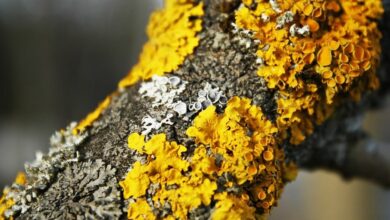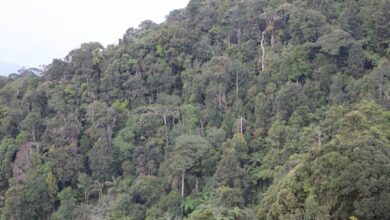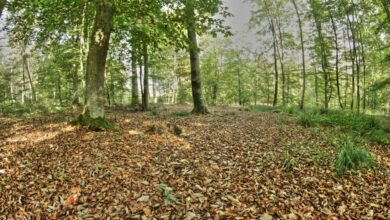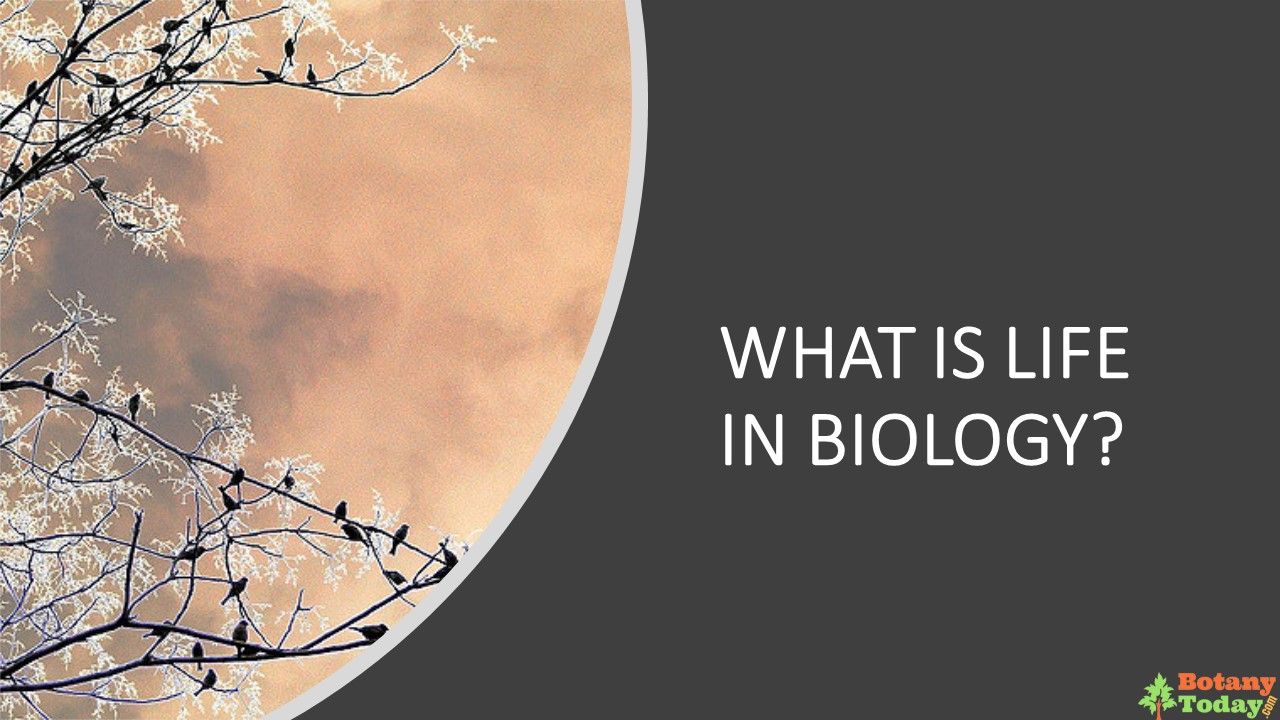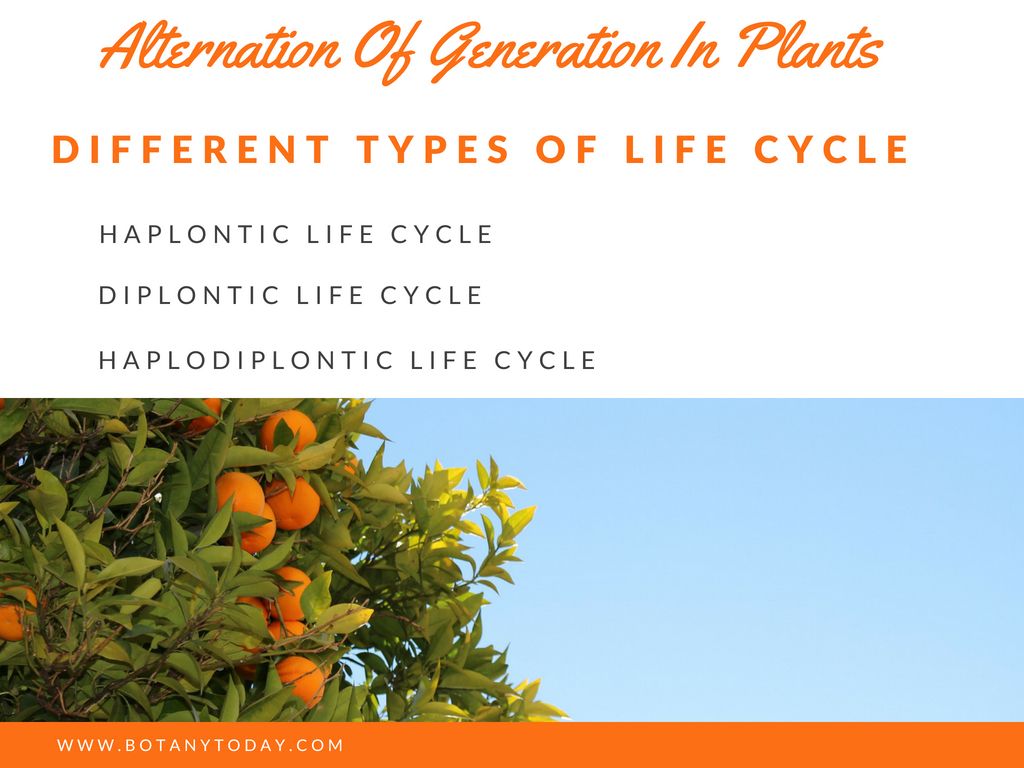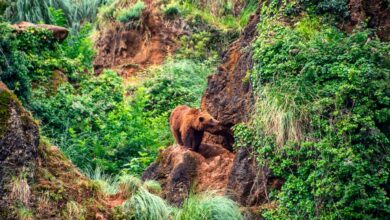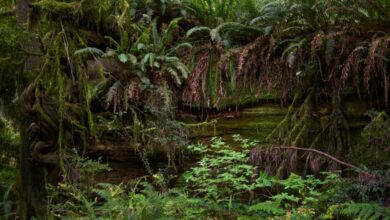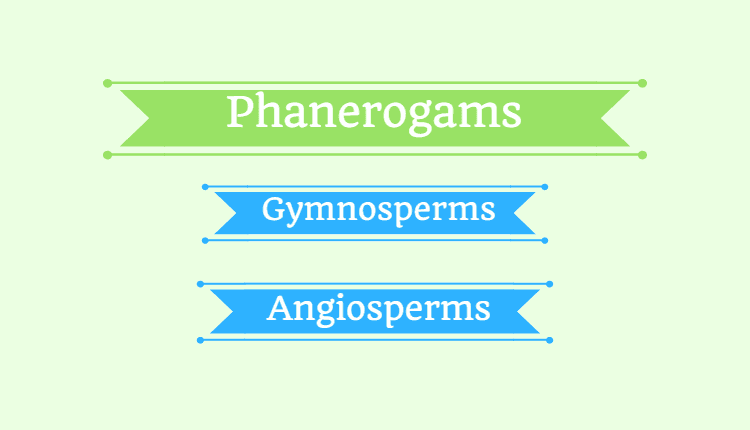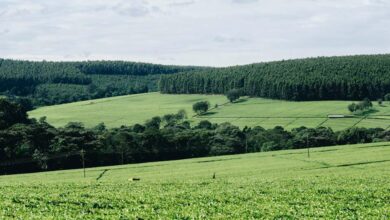Phytology
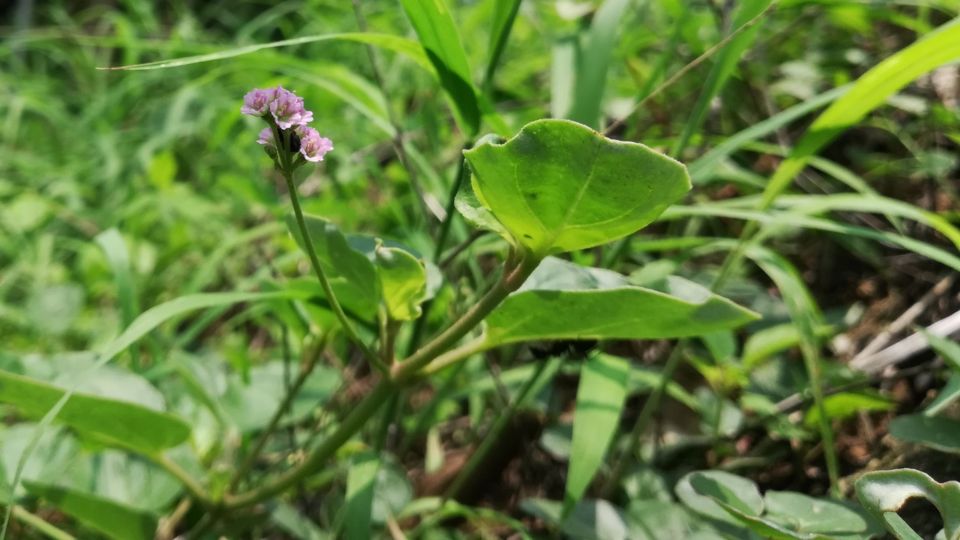
Phytology, also known as plant science, is the study of plants and their relationship to the environment. It is a diverse field that encompasses various subdisciplines such as plant physiology, plant ecology, and plant evolution. From the smallest microbe to the tallest redwood, plants play a vital role in maintaining the Earth’s ecosystem and provide essential resources for human survival. The study of phytology helps us understand the complex interactions between plants and their surroundings, and how they have evolved to survive in different environments. In this article, we will delve deeper into the world of phytology, exploring its many branches and applications.
Phytology Definition
Phytology is the scientific study of plants. It encompasses various branches of biology, including botany, plant physiology, plant ecology, and plant evolution, and is concerned with the structure, physiology, ecology, and evolution of plants.
Phytology vs Botany
Phytology is the study of plants, while botany is a branch of biology that specifically deals with the scientific study of plants. Both terms can be used interchangeably, but botany tends to focus more on the scientific and technical aspects of plant life, while Phytology may also include the practical applications and cultural significance of plants. In other words, Phytology is more of a general term and Botany is more specific and scientific.
Phytology Branches and Aplications
Phytology is a broad field that encompasses many different branches and applications. Some examples include:
- Taxonomy: the classification and naming of plants, including the study of plant diversity and evolution.
- Ecology: the study of how plants interact with their environment, including their relationships with other organisms and the physical factors that affect their survival and growth.
- Physiology: the study of the internal functioning of plants, including the processes of photosynthesis, respiration, and hormone regulation.
- Genetics: the study of the inheritance and variation of plant characteristics.
- Ethnobotany: the study of the relationships between human cultures and plants, including the traditional uses of plants for food, medicine, and other purposes.
- Phytochemistry: the study of the chemical compounds found in plants and their potential applications in medicine, agriculture, and industry.
- Paleobotany: the study of the history of plants, including the evolution of plant life and the reconstruction of ancient plant communities.
- Horticulture: the cultivation of plants for food, ornament, and other purposes.
- Forestry: the study of the management and conservation of forest ecosystems.
- Landscaping: the design and management of outdoor spaces, including the use of plants in gardens, parks, and other public spaces.
Overall, Phytology is a multidisciplinary field that draws on many other disciplines such as chemistry, genetics, ecology and more.

